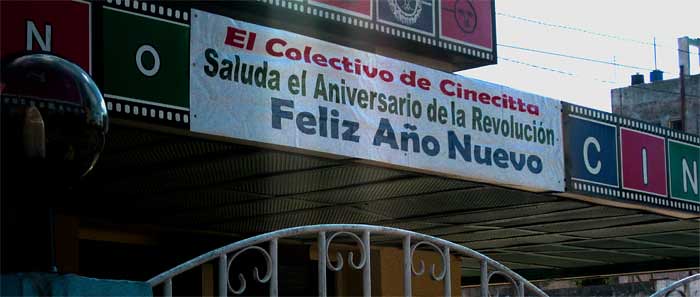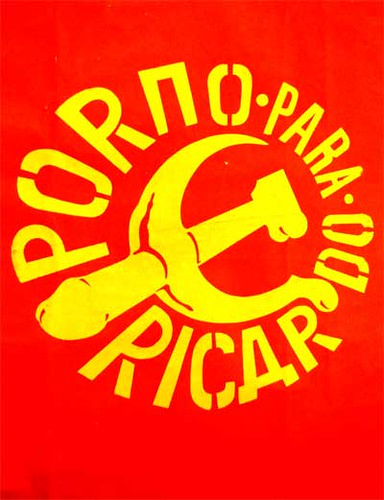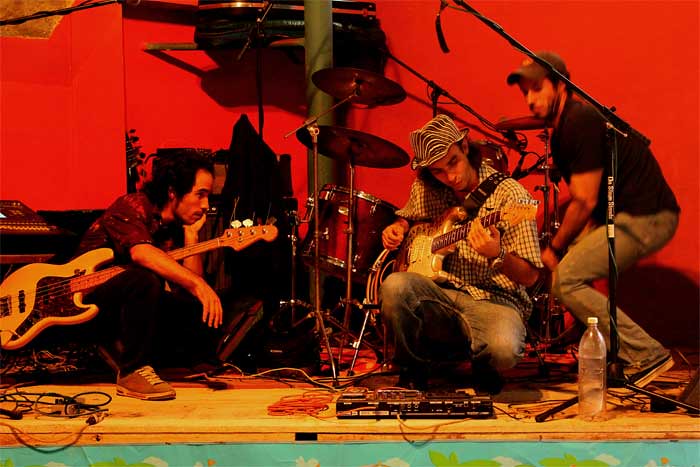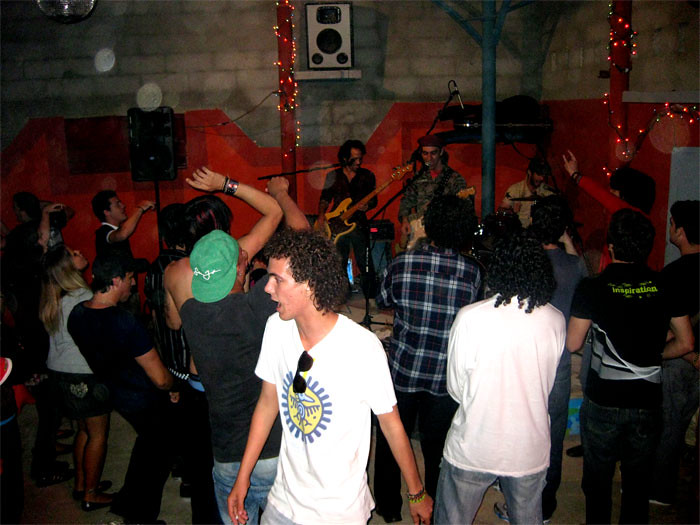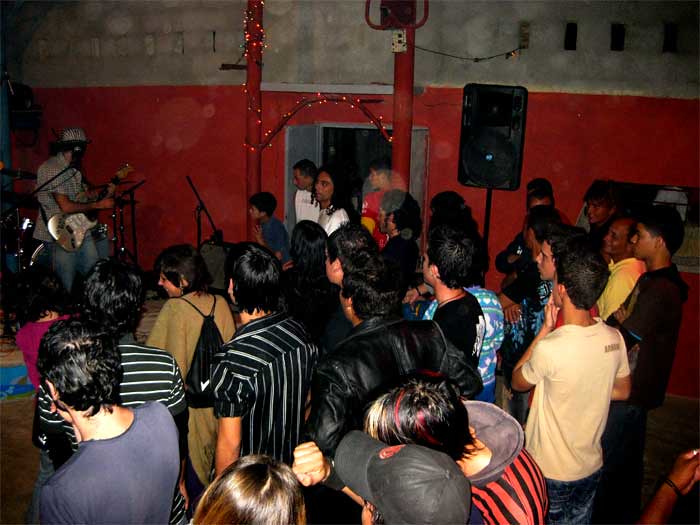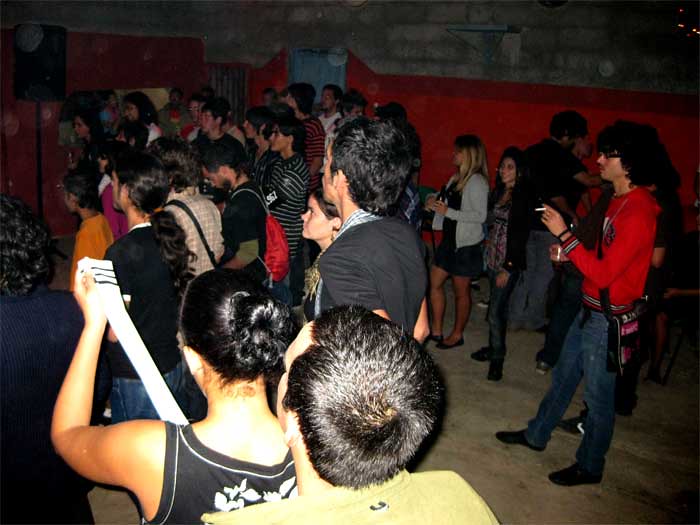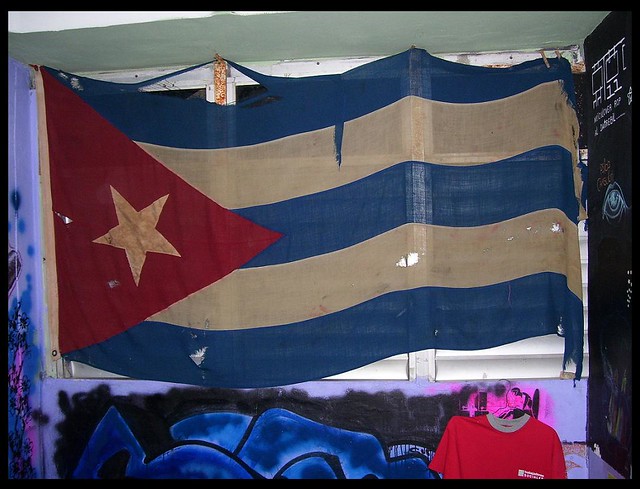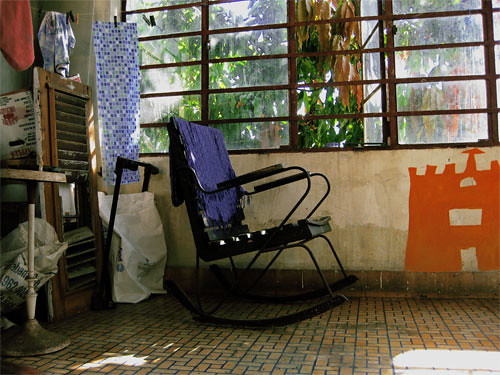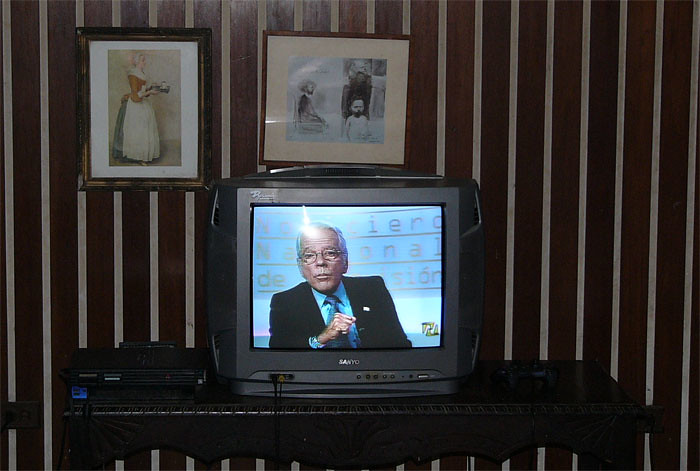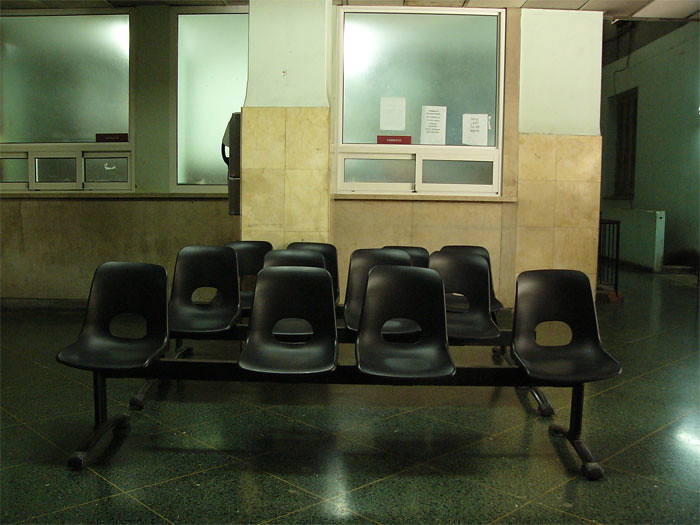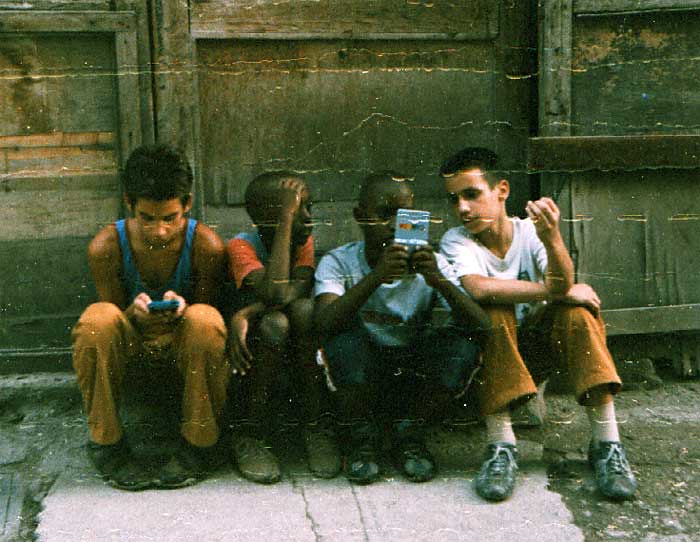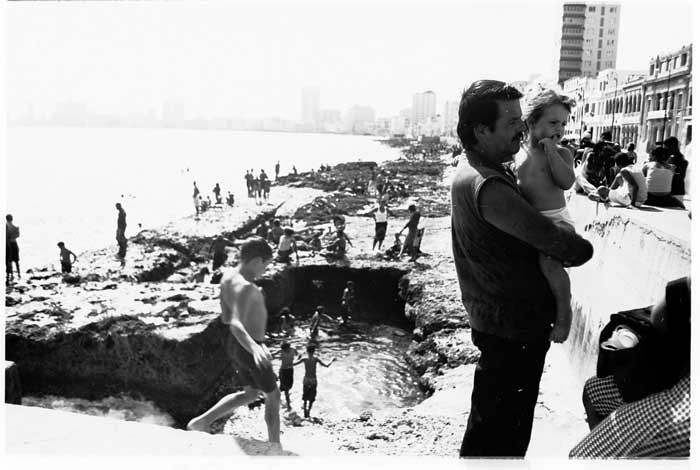 |
| Photo: Leandro Feal |
See, see how from the ground
rising magnificent in flight
searching the air of Cuba.
"One Palm" Luis R. Nogueras
rising magnificent in flight
searching the air of Cuba.
"One Palm" Luis R. Nogueras
We don’t play with freedom. We spend our whole lives thinking about the danger of losing it, that once it is lost it is impossible to rescue it. Many ideologies come to the aid of the censors. It’s so easy to cover up the crime with the feeling of necessity.
But freedom is like the palm and even tyrants suffocate without air.
My country is a topic of great interest. On one side, us, for whom the interest goes hand in hand with the urgency, and on the other, foreigners, who, for whatever reason, suffer with us.
The analysis of Cuba has sped up in recent years, since the Raul Castro’s leadership has made the central focus -- rhetorically -- what to do with strategies vital to Cubans: change.
Among recent analyses I came across recently was one written by Guillermo Almeyra. "Cuba: a dangerous and contradictory document" is the title and the document is the third part of a reflection on the "Draft Guidelines for Economic and Social Policy," recently circulated by the Cuban government without many knowing whether it informs or confuses. But this is already what Mr. Almeyra says when he describes it as contradictory.
With regards to the classification of “dangerous,” Mr. Almeyra devotes his article to describing it. Extremely critical and respectable, the article points out the incomprehensible finding that the structural changes of great importance are those by the State, at the margins of society and the Communist Party, delegating to those who should be the source of social analysis, the diminished role of receptors. The author uses Leninist theory to remind us that the State responds to the class interests of those who overflow the margins of the society it administers. The society administered should be provided, then, with effective mechanisms of control to dampen the enthusiasms which are the province of the State.
The author also points out the shameless attitude of distancing themselves from the social policies that tended to mitigate inequalities among citizens, as if these were errors from the past. An attitude that has contributed to deepening the despair and frustration.
Infamous military privileges, the vile excesses of bureaucrats, the power of a schizoid and good-natured Raul, none of this escapes, with equally harsh words, Almeyra’s critique.
Now, when a bunch of senile leaders must face the consequences of their self-extinction, is when they come forward with the essential strenuous measures for a starving citizenry, without acknowledging, without even a hint of severe criticism of themselves, those who have autocratically and cruelly led a suffering society.
Almeyra says this with the words and theoretical references required, and so earns my complete respect.
My disagreements with him are nothing major, but I want to record them.
In his text the writer ignores that no Communist Party congresses have been held for more than ten years in Cuba, and that in them unanimity is the rule and through them Fidel weaves the cover of many betrayals.
There is a certain attempt to find Cuban authoritarian procedures novel, or at least aggravated, says Almeyra in a circulated document that never mentions the word “worker.” I don’t think the average Cuban would be much affected by this omission, either because he has much more serious things to think about or, and I think this is the real reason, because the word “worker” ceased to have any significance, decades ago, for a citizen used to surviving at the margin on low-paying and discouraging jobs.
There are other points where I disagree with Almeyra, more at the margin of my convergence with this deep critique, which demonstrate that the ideological debate is not a confrontation of conceits. I refer, at the beginning of his article, to “the enemies of the revolutionary process,” an overly confrontational tone what seeks to keep alive the old antagonisms between revolutionaries and counterrevolutionaries, in a country where the greatest urgency is life faced with the criminal irresponsibility of the Castro regime. The alarming rates of population decline, the deterioration of civic dignity, the tendency to emigrate and the lack of commitment, will be the real legacy of Fidel Castro, the principle threat to a Cuban whose extinction is not merely a symbolic issue.
When he says, later, that the Mariel Boatlift was the end of the Cuban bourgeoisie... in reality, here I have no words. To call the tens of thousands of Cubans who left, desperate, in an excruciating and hungry decade (I can’t find many more words for the seventies in Cuba) -- accompanied by political activists who were invited to exchange exasperating prison cells for exile, common prisoners who received passes to take advantage of the situation and who were mixed in with psychiatrist patients, gays, and “alternative” Cuban men and women -- to call these people “the Cuban bourgeoisie” at a time when we now know that in this same era the elite of the Castro regime enjoyed an army of unsuspected privileges, is simply, in my opinion, irresponsible and unjustifiable.
Nonetheless, this effort by Almeyra is magnificent. With the entire left indisposed to intellectual production in a Cuba faced with the imminent advent of democracy, where the palms of liberty are already more than mere shoots, the ground could be left open to threats of future perversions.
Boris González Arenas
20 December 2010
20 December 2010

